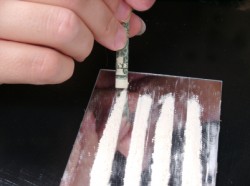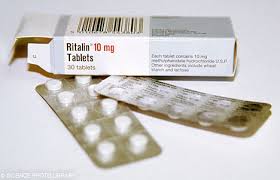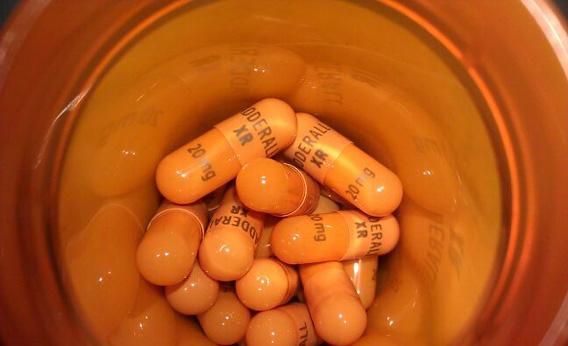5 Facts About Stimulants Abuse and Addiction
Stimulants are drugs that act enhance activity in the brain and the central and peripheral nervous systems through the increase of dopamine neurons which are the primary “reward” chemicals that induce pleasure and euphoria. Stimulants increase alertness, awareness, wakefulness, endurance, motivation, arousal, heartbeat, and respiration, while they decrease desires for sleep and food.
Types of Stimulants

Cocaine is one of the most widely abused stimulants.
The most widely abused stimulants are amphetamines, methamphetamines, and cocaine.
- Amphetamines – Amphetamines may be prescribed for numerous purposes including narcolepsy and attention deficit disorders. Amphetamine pills are known as “go-pills,” “pep pills,” “speed,” and “uppers and are notably abused by adolescents, and college students to enhance performance or gain academic advantages by increasing alertness and wakefulness. Abuse of these drugs has increased because they are easily obtainable.
- Cocaine – Cocaine is highly addictive stimulant that is commonly, snorted, smoked, or intravenously injected. “Crack” cocaine has been a major contributor to the increase of cocaine addictions.
- Methamphetamines – Methamphetamines, like cocaine, are Schedule II drugs that are restricted or illegal to produce, use, possess, or produce. There has been a rise in methamphetamine abuse and their productions in clandestine laboratories. There is no way of knowing the chemicals used in any production or dose and these drugs are highly dangerous and can cause severe physical and mental health problems which may be permanent.
Facts About Stimulants Abuse and Addiction
- Prescription stimulant abuse is increasing and according to the National Institute on Drug Abuse, “Euphoria from stimulants is generally produced when pills are crushed and then snorted or mixed with water and injected.”
- Like other drugs, people can become addicted to or dependent on stimulants and will suffer withdrawal symptoms when they suddenly stop using them. According to the National Institute on Drug Abuse, “Repeated abuse of some stimulants (sometimes within a short period) can lead to feelings of hostility or paranoia, even psychosis.”
- According to the National Center for Health Statistics Data Brief no. 42, from 2007 – 2008, “The most commonly used types of prescription drugs in the United States by age were: ….central nervous system stimulants for adolescents aged 12–19.” These types of drugs are prescribed mainly to treat attention deficit disorders but are often diverted to others for non-medical purposes.
- “At this time, there are no medications that are FDA-approved for treating stimulant addiction.” According to the U.S. Food and Drug Administration.
- In a report from the Center for Substance Abuse Research, there were 2.5 million emergency department (ED) visits for drug misuse or abuse and the majority of them involved stimulants such as: cocaine (505,224), and estimated number of visits related to methamphetamine, PCP, and amphetamine use ranged from approximately 71,000 to 103,000.



